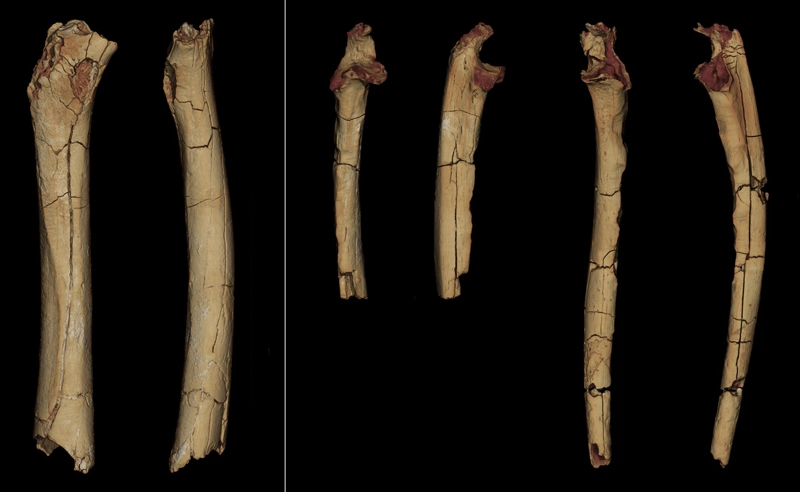Human ancestors have not always been walking on two feet. The first bipedal ancient human ancestors were thought to have first existed about 4.4 million years ago. Luckily or not, new research comes to contradict the idea and possibly rewrite some textbooks about human evolution.
Scientists have conducted more analysis on thigh and forearm fossils discovered in Toros-Menalla in Chad over 20 years ago, in 2001. The bones belong to Sahelanthropus tchadensis, meaning the oldest human ancestor. The scientists’ work shows that the species walked the Earth on two feet roughly 7 million years ago, according to ScienceAlert.

An official statement of the research writes, as ScienceAlert quotes:
The most parsimonious hypothesis remains that the postcranial morphology of Sahelanthropus is indicative of bipedality and that any other hypothesis would have less explanatory power for the set of features presented by the material from Chad.
To come to a surprising new conclusion, the researchers compared the fossils to their counterpart bones present not only in humans. The equivalent bones from chimpanzees and gorillas were taken into account as well.
Twenty different traits were assessed to determine that the Sahelanthropus tchadensis was able to walk on two legs.
If you find it weird how gorillas and chimpanzees climb trees, you should keep in mind that the ancient human ancestor was able to do it using firm grips.
Another statement from the study says as the same source mentioned above quotes:
The curvature and cross-sectional geometric properties of the ulna… are indicative of habitual arboreal behaviors, including climbing and/or ‘cautious climbing’, rather than terrestrial quadrupedalism.
Back in late July, information surfaced online about the oldest human fossil found in Europe that was designated after the famous English rock band, Pink Floyd.
The new study was published in Nature.













Leave a Reply